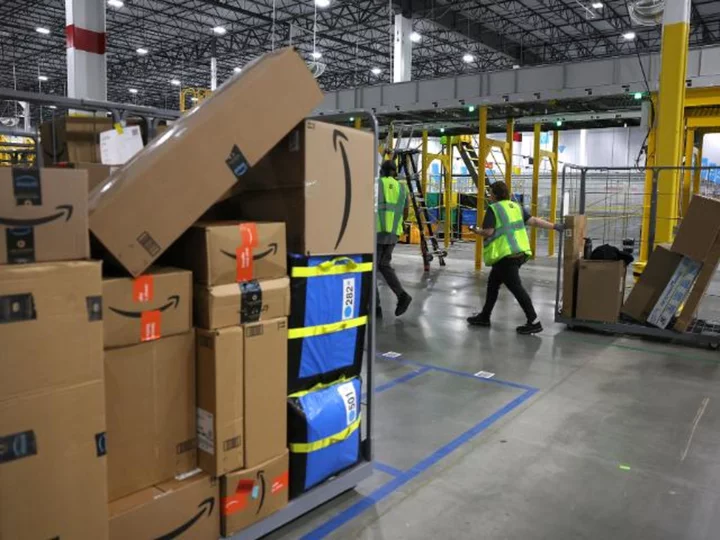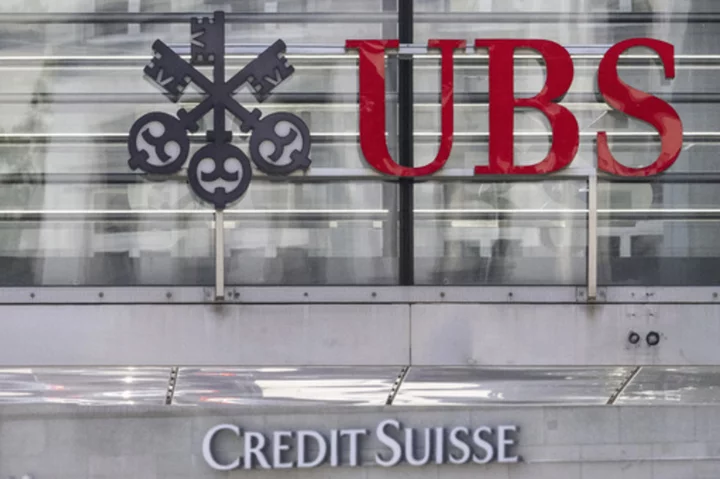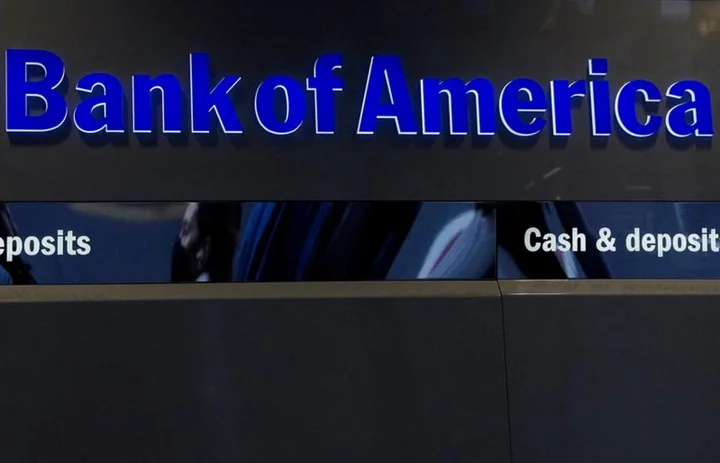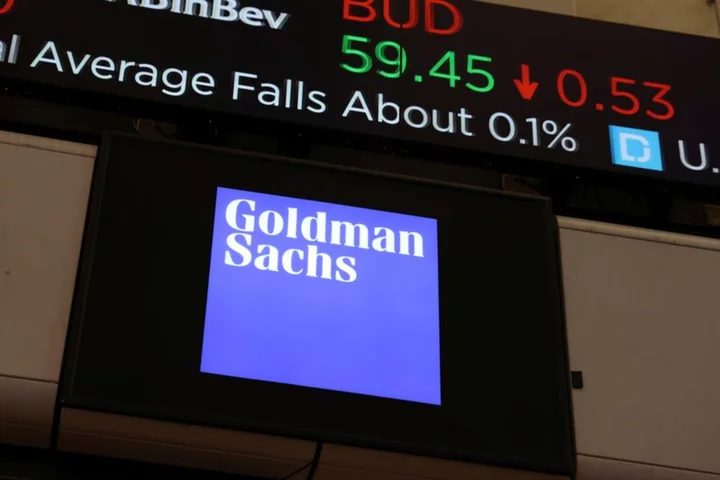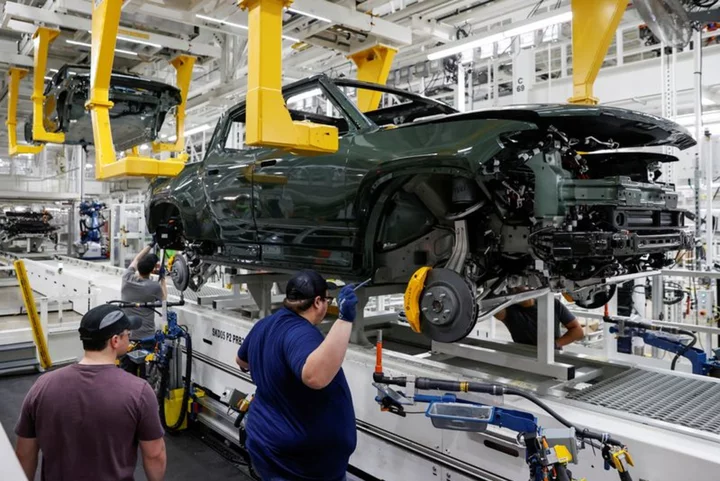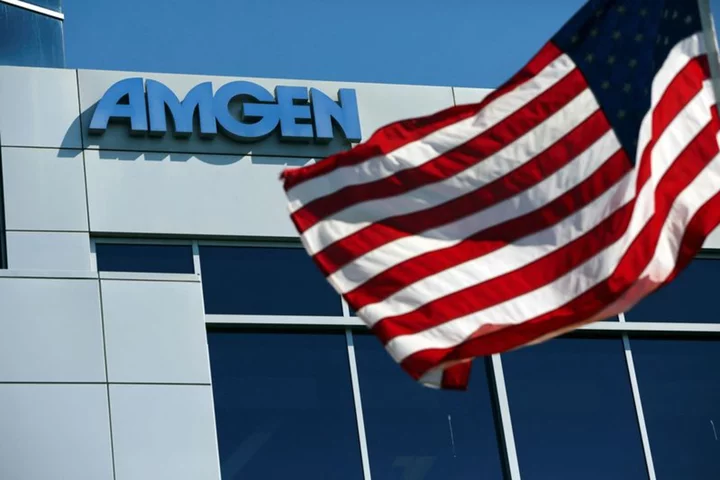Amazon is revamping its delivery operations in an effort to cut costs while speeding up shipping times to the next day or sooner.
Amazon has traditionally operated one national delivery network that distributed orders from warehouses spread across the country. If a local warehouse didn't have the product a customer ordered in, say, Detroit, Amazon would ship it from another part of the country.
But long-distance shipping has been costlier for the company and led to increased delivery times for customers.
Amazon CEO Andy Jassy has said it is a "critical challenge" for the company to lower the cost to get products from Amazon's warehouses to customers. So in pursuit of boost its profitability, the company has created eight regions in smaller geographic areas designed to ship products over shorter distances.
"Each of these regions has broad, relevant selection to operate in a largely self-sufficient way, while still being able to ship nationally when necessary," Jassy said in an April letter to shareholders.
The changes may impact which products consumers see when they search for products on Amazon's website. Items that are closer to customers will show up higher on results pages, Amazon said.
The Wall Street Journal first reported these changes.
Jassy said the company was seeing more next day and same-day deliveries, and Amazon was on track to have its fastest Prime delivery speeds in 2023.
But it's not clear yet how important same-day delivery is to customers. Several fast-delivery startups have cropped up to deliver customers grocery and convenience-store orders within 30 minutes, but many of them failed.
Amazon has "convinced themselves people want one-day delivery," Michael Pachter, a retail analyst at Wedbush Securities, said in an email to CNN. "I needed Gorgonzola cheese for a recipe Saturday, [so I] actually went to the store. I don't need same day or next day delivery for most things," he wrote.
The more immediate benefit for Amazon may be cutting costs.
After expanding rapidly during the pandemic, the e-commerce giant cut some 27,000 jobs as part of a significant bid to rein in costs in recent months. Amazon also began charging some customers a $1 fee if they return items to a UPS store when there is a Whole Foods, Amazon Fresh grocery store or Kohl's closer to their delivery address. (Amazon owns Whole Foods and Fresh, and has a partnership deal with Kohl's.)
Amazon also recently started adding a "frequently returned" badge on certain products on its website for customers.

